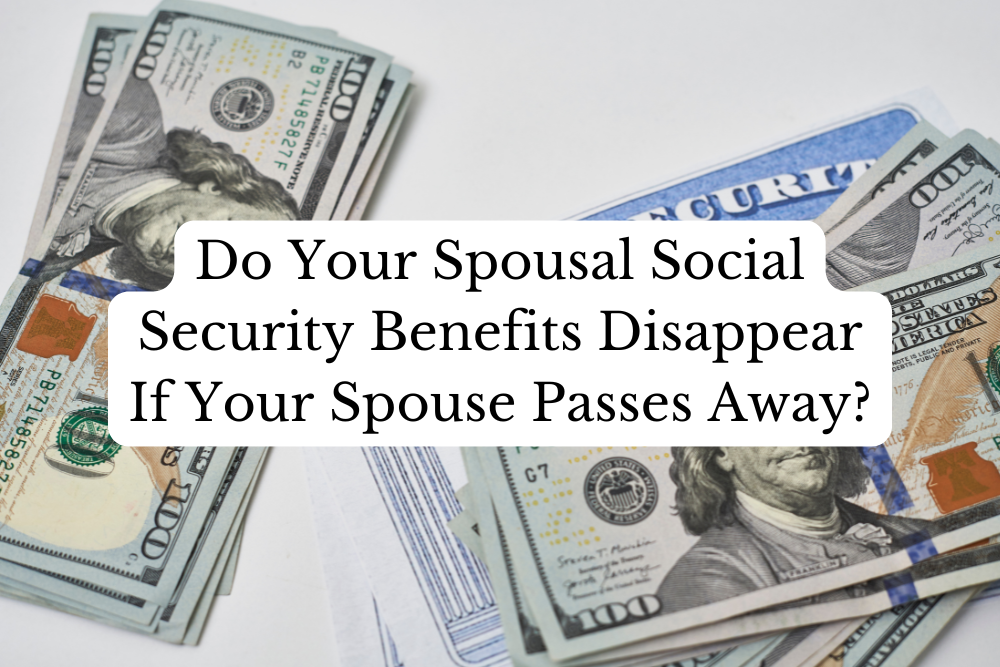Losing a spouse is one of the most difficult experiences a person can face. Our complimentary dedicated guide gives grieving spouses and family members a simple roadmap for protecting their loved one’s legacy and navigating the challenges that come with finding a path forward. We may not be able to take away the pain, but we try our best to provide resources that can help make the coming months easier by laying out next steps for a loved one’s estate and social circles. Along with grief, many people find themselves overwhelmed by financial and legal questions. One common question is whether you can receive your spouse’s Social Security benefits. This guide explains what you need to know and how to begin the process.
Can You Receive Your Spouse’s Social Security Benefits
In many situations, the answer is yes. Monthly Social Security survivor benefits are designed to help provide financial support after the loss of a loved one. Eligibility depends on your relationship to the deceased and a few other key factors.
Who May Be Eligible for Survivor Benefits
You may qualify if any of the following apply:
- You were married to the deceased and are age 60 or older
- You are age 50 or older and have a qualifying disability
- You are caring for the deceased’s child who is under age 16 or has a disability
- You are a divorced spouse age 60 or older and your marriage lasted at least 10 years
- You are a dependent parent of the deceased and are age 62 or older
Children may also be eligible under certain conditions.
What Happens If You Already Receive Social Security
If you already receive benefits based on your spouse’s record, those payments may automatically convert to survivor benefits after you report their passing. If you receive benefits based on your own work history, Social Security can check to see if you qualify for a higher amount as a surviving spouse.
How Much Can You Receive
The amount depends on how much your spouse earned over their lifetime. Here are some general examples:
- Up to 100 percent of your spouse’s benefit if you are at full retirement age
- Between 71 and 99 percent if you are between age 60 and full retirement age
- 75 percent if you are any age and caring for a child under 16
- 75 percent for each eligible child
There is a maximum limit on how much the family can receive in total, usually between 150 and 180 percent of the full benefit amount.
Is There a One-Time Death Payment
Yes. Social Security may pay a one-time death benefit of 255 dollars to a surviving spouse or child if certain conditions are met. This must be claimed within two years of the death.
How to Apply for Survivor Benefits
You often need to call your local Social Security office to apply. As of the publication of this article, Social Security benefits are not given through an online application. You can learn more about the most up to date methods for applying to receive Social Security benefits at https://www.ssa.gov/apply.
Have the deceased person’s Social Security number ready. You do not need to wait until you have every document in hand. A representative will guide you through what is needed and how to proceed.
Can You Receive Spousal Social Security if You are Working?
If you are under full retirement age and still working, your earnings may reduce your survivor benefits. Once you reach full retirement age, your benefits will no longer be affected by your income.
Can You Receive Spouse’s Social Security if You are Divorced or Remarried?
If you remarry before age 60 (or age 50 if you are disabled), you generally will not be eligible for survivor benefits. If you remarry after age 60, you can usually continue receiving benefits based on your late spouse’s record, provided that you meet all of the other requirements for receiving benefits.
You Are Not Alone
At McCarthy Law, we support families through every stage of estate and benefits planning. We understand how overwhelming this time can be and we are here to help you move forward with clarity and confidence.
Fill out the form below to download our free Surviving Spouse Guide for a simple checklist of steps to take to honor their legacy and surround you with compassion.

